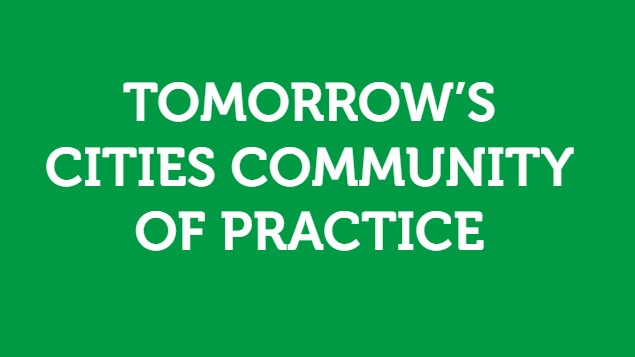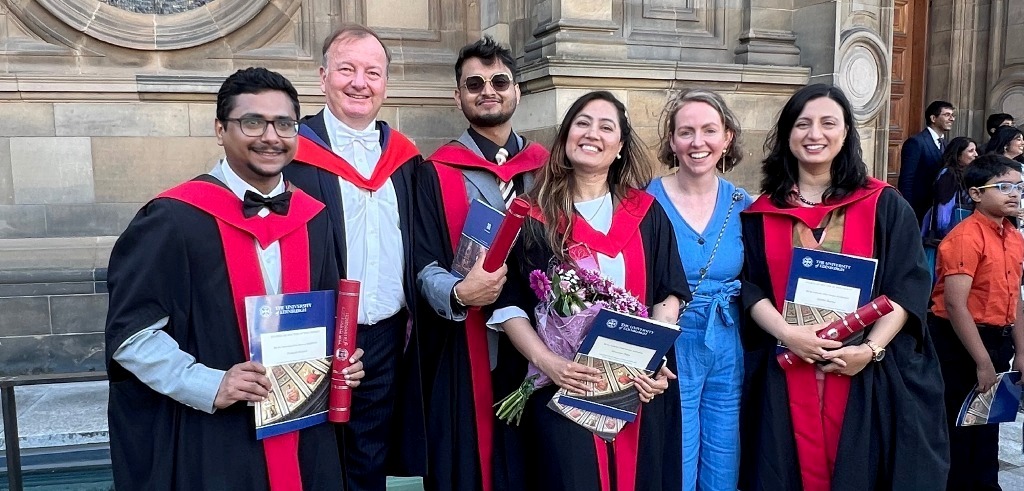
- Close
22/02/2024 | Dar Es Salaam, Nairobi
Co-creating Tomorrow’s Cities in Africa: Tomorrow’s Cities & UCLG, together in an effort to increase resilience.

The United Cities and Local Governments Retreat 2024 in Barcelona, Spain featured the presentation of “Co-creating Tomorrow’s Cities in Africa: participatory risk-informed urban planning for the future,” a collaborative report between Tomorrow’s Cities and United Cities and Local Governments.
The United Cities and Local Governments Retreat 2024 in Barcelona, Spain featured the presentation of “Co-creating Tomorrow’s Cities in Africa: participatory risk-informed urban planning for the future,” a collaborative report between Tomorrow’s Cities and United Cities and Local Governments.
The report, prefaced by the Mayor of Temeke, Tanzania, highlights the pivotal role of Tomorrow’s Cities and UCLG in enhancing Temeke’s planning practices to address the challenges posed by rapid urban growth and climate change. It emphasises evidence-based approaches and inclusivity, particularly regarding the urban poor.
“Tomorrow’s Cities and UCLG helped Temeke to revise and revisit its planning practices to better anticipate the combination of rapid urban growth and climate change risk – and importantly to do so in ways that are based on evidence and recognise and include the urban poor.”
Abdallah Mtinika, Lord Mayor of Temeke.

Featuring insights from eight cities across sub-Saharan Africa, including Blantyre City Council (Malawi), Birkama Area Council (The Gambia), Kasese District (Uganda), Kisumu County (Kenya), Sekondi Takoradi Metro Assembly (Ghana), Temeke Municipality (Tanzania), Freetown City Council (Sierra Leone), and Durban/eThekwini Municipality (South Africa), the report explores enhancing existing urban participatory planning and risk assessment tools. It aims to better accommodate the needs of all urban residents while considering future hazard risks, including those associated with climate change. From the engagements, seven key recommendations emerged:
- Balance past, present, and future in planning.
- Establish robust, meaningful, and open databases for understanding future risk.
- Prioritize inclusion, equality, and transparency for democratic futures.
- Address decision-making tensions and trade-offs to avoid hidden lock-ins and identify co-benefits.
- Strengthen local partnerships to build capacities and address future risks.
- Integrate the cost of tomorrow’s risks into today’s decision-making and financial planning.
- Continuously co-create knowledge and agendas for future research and actions.




